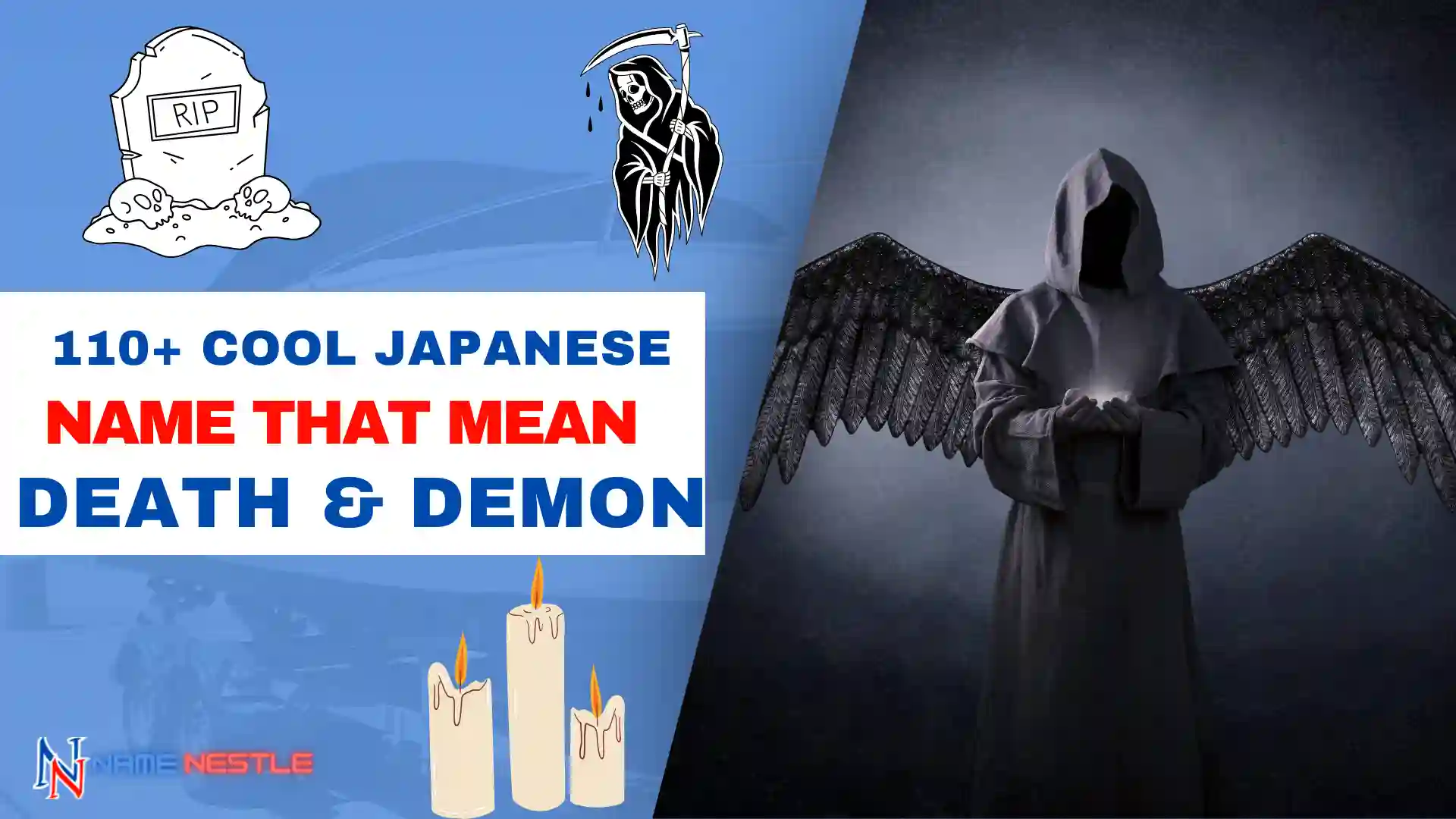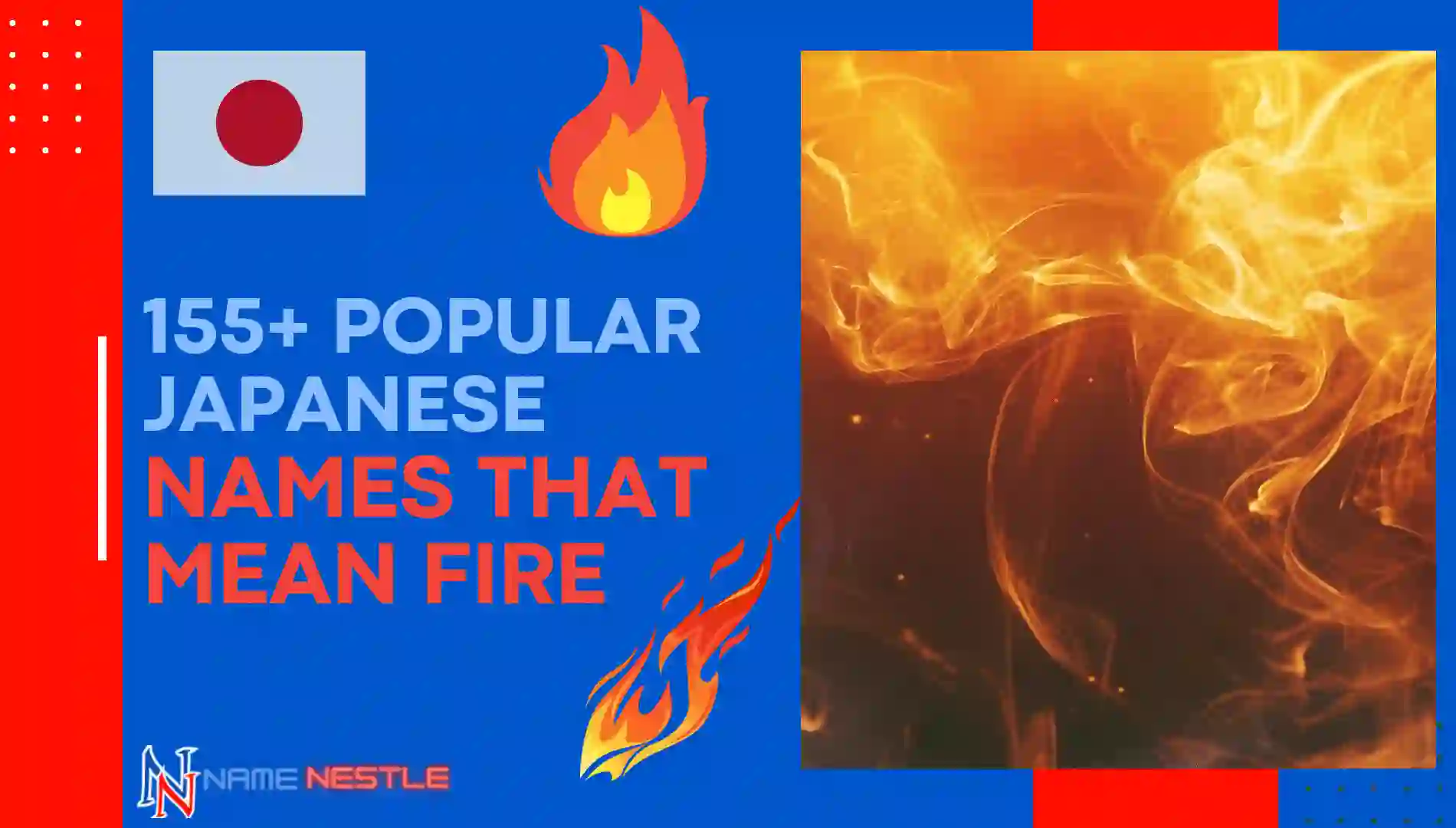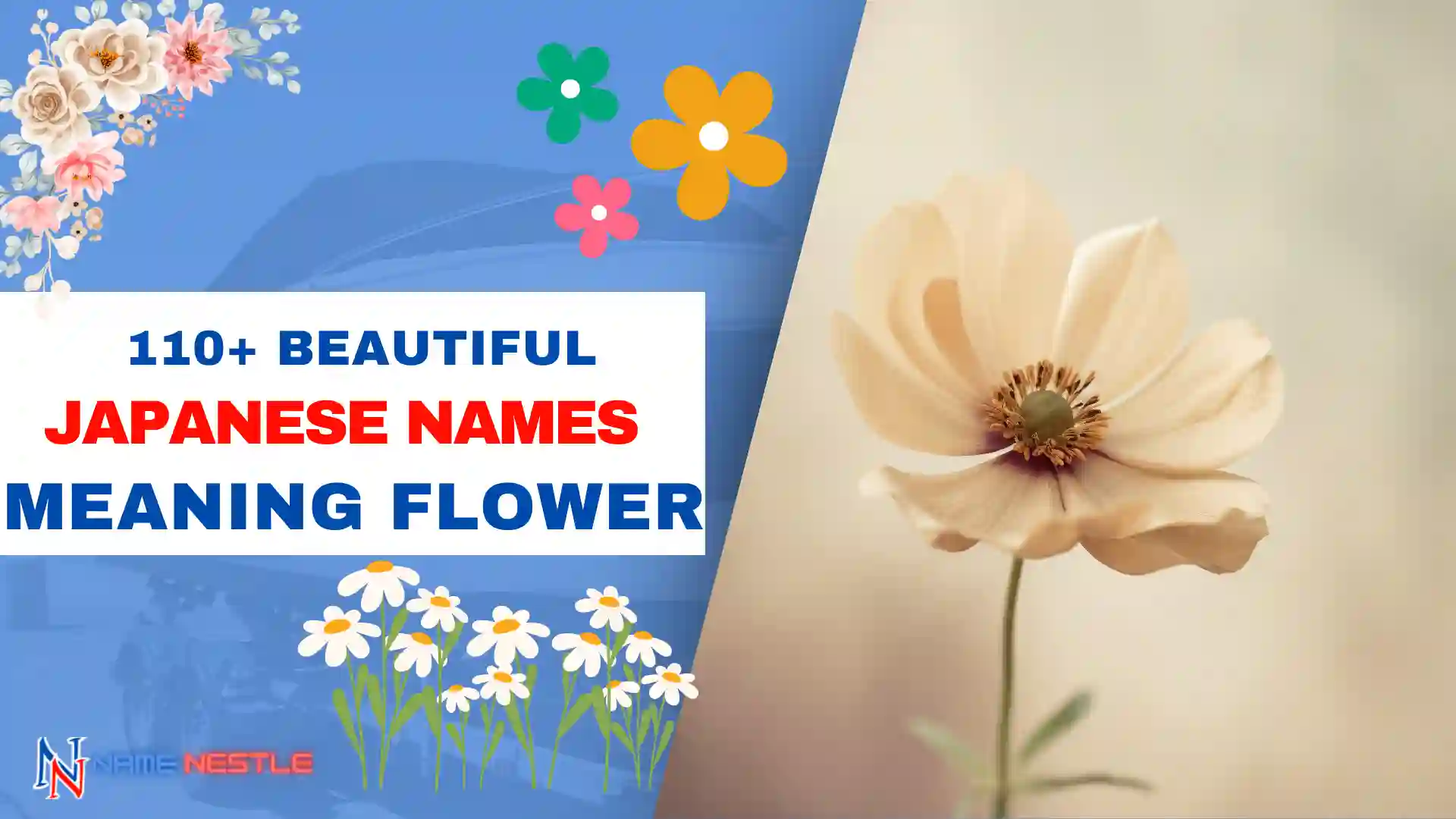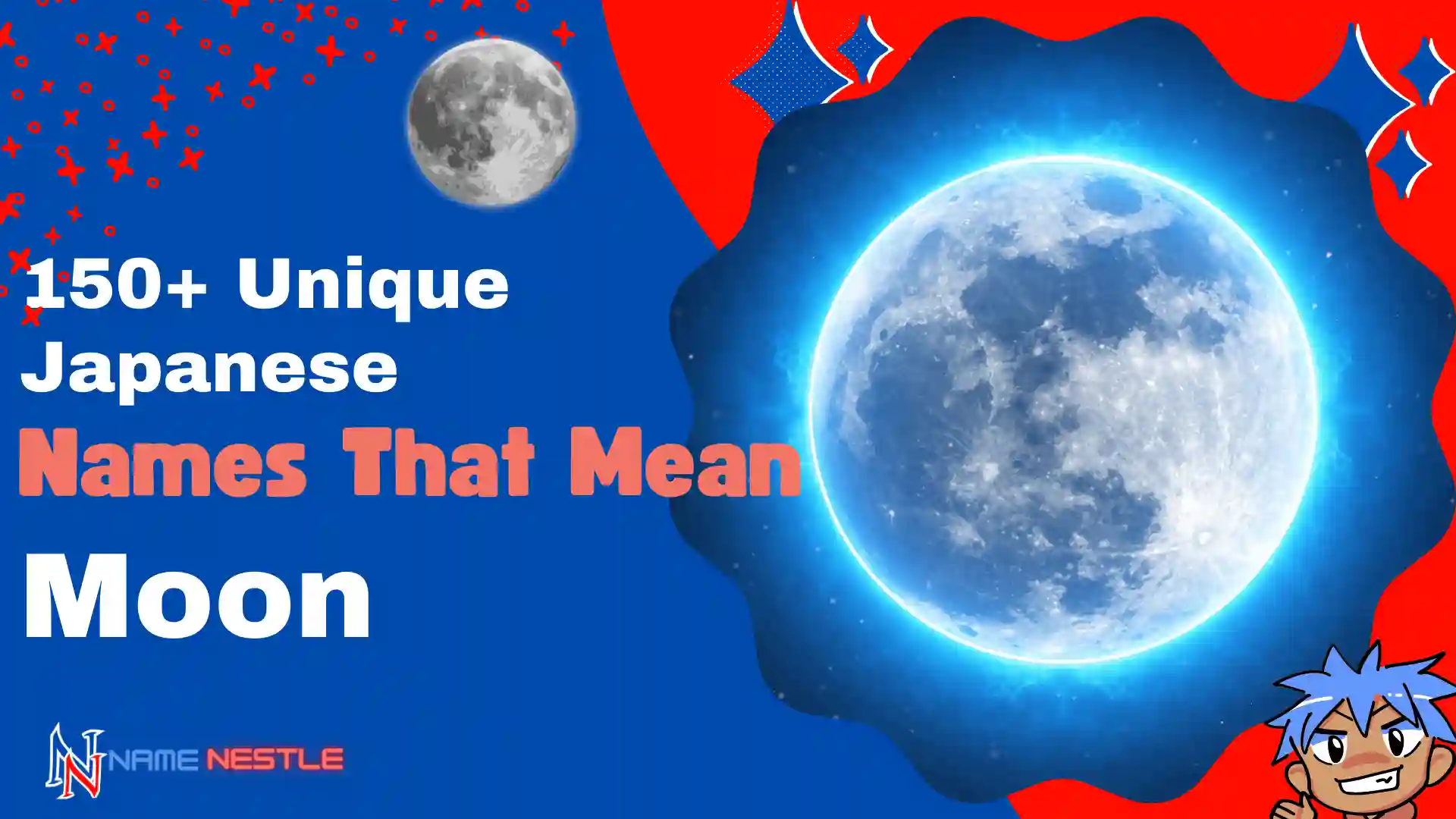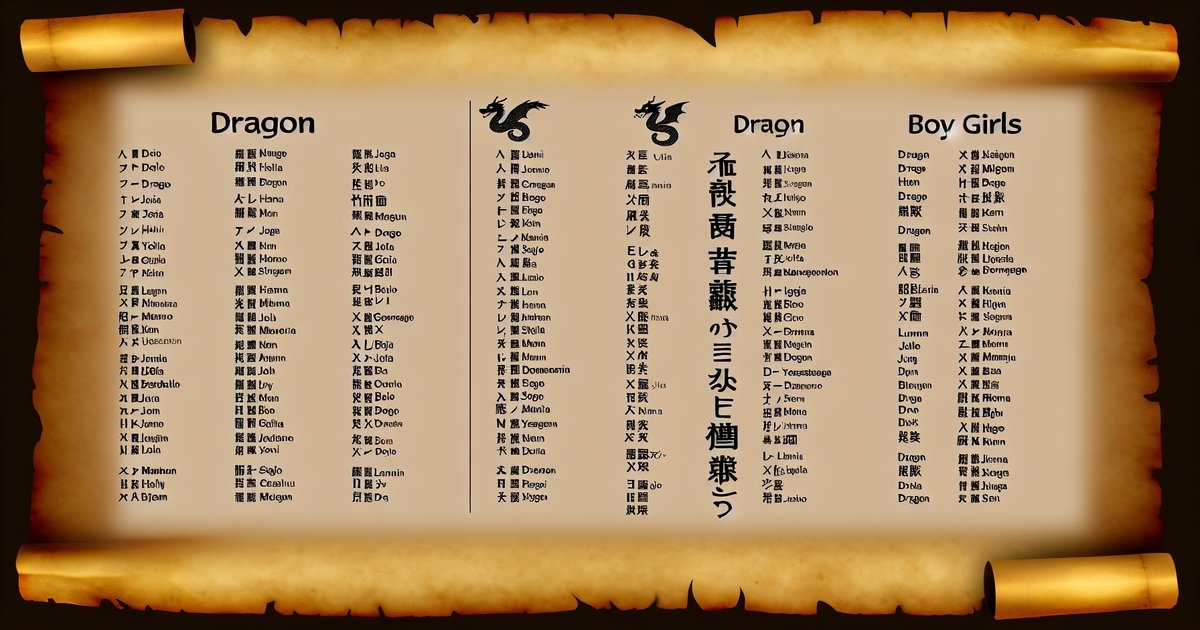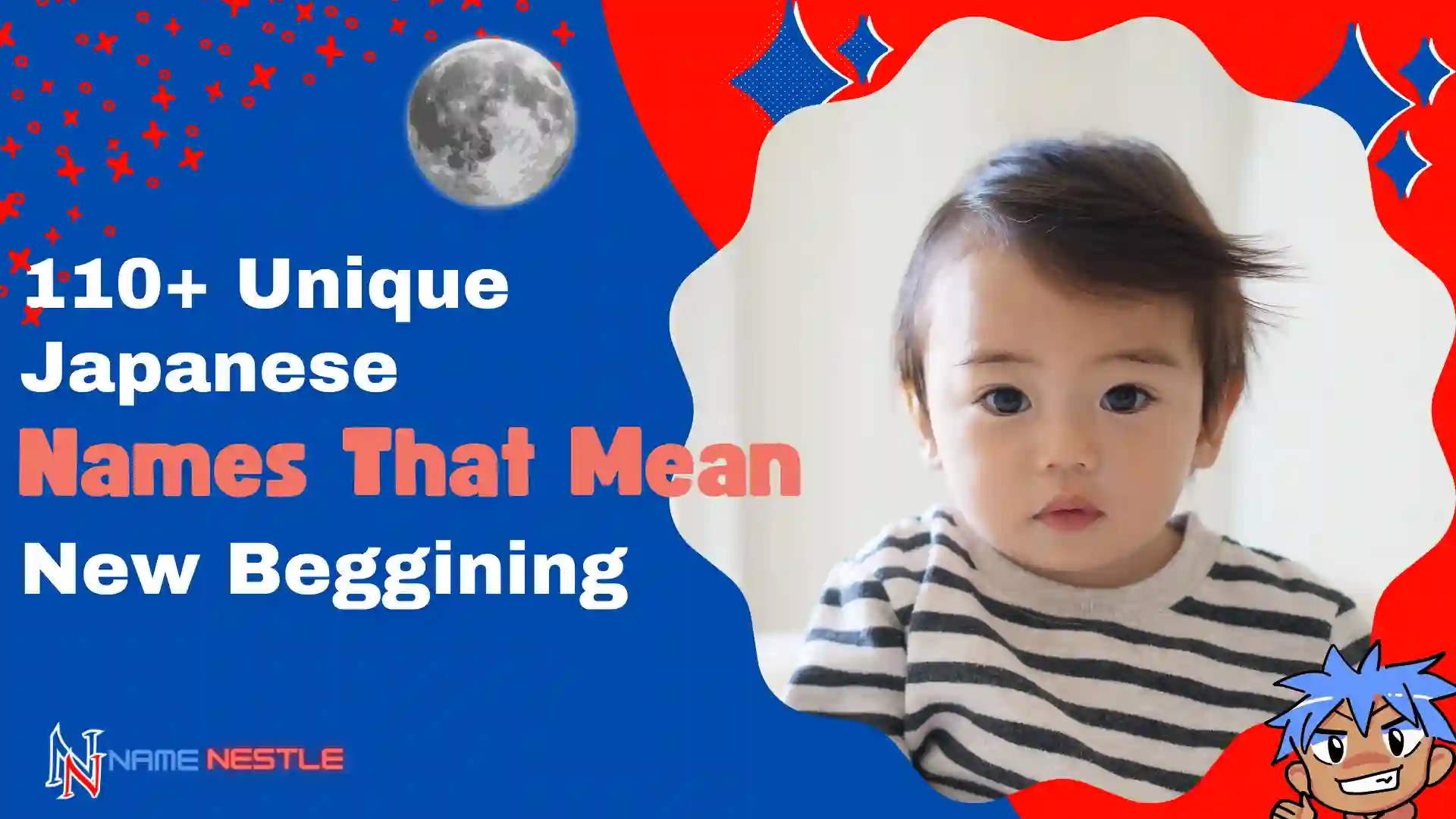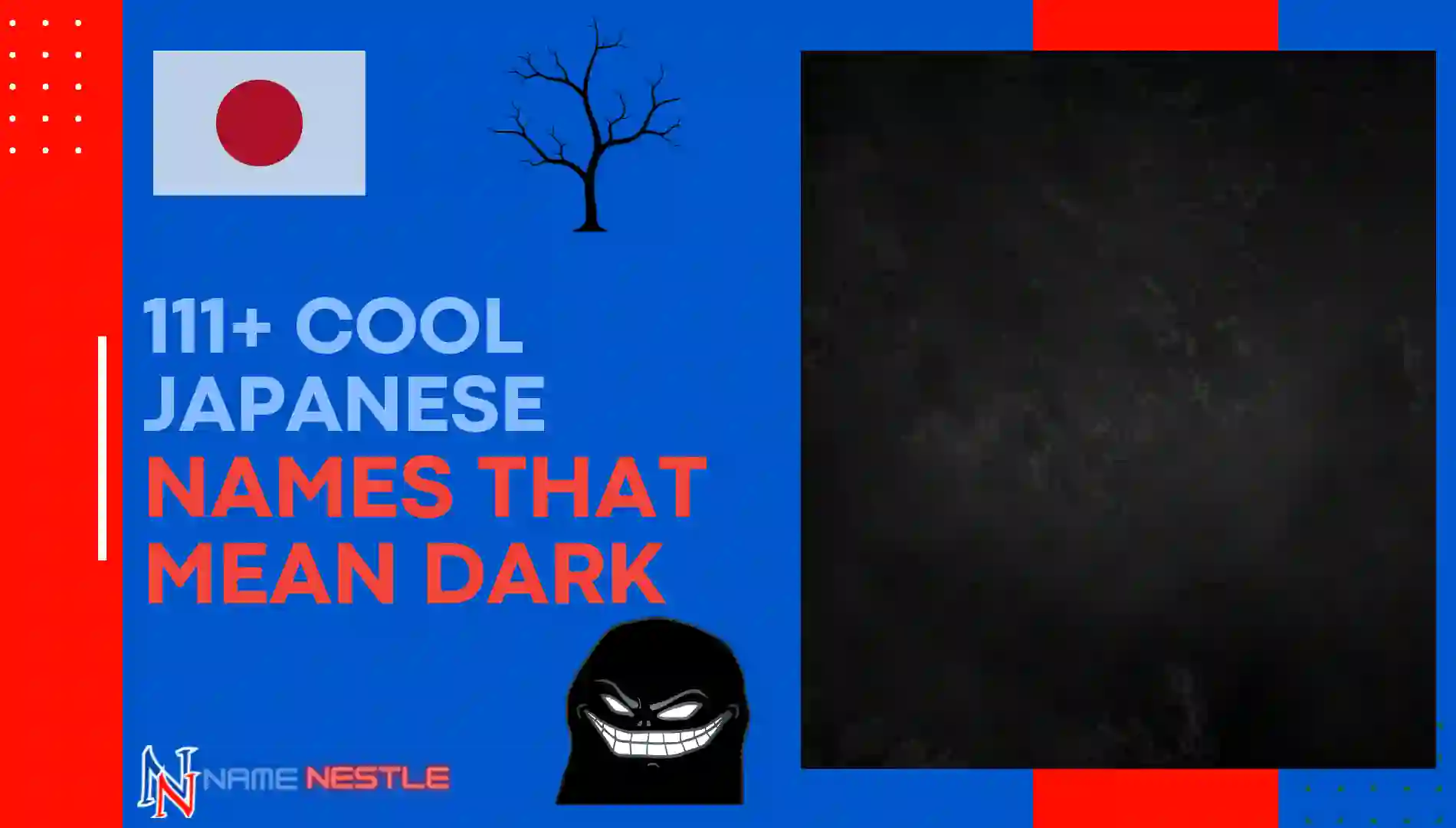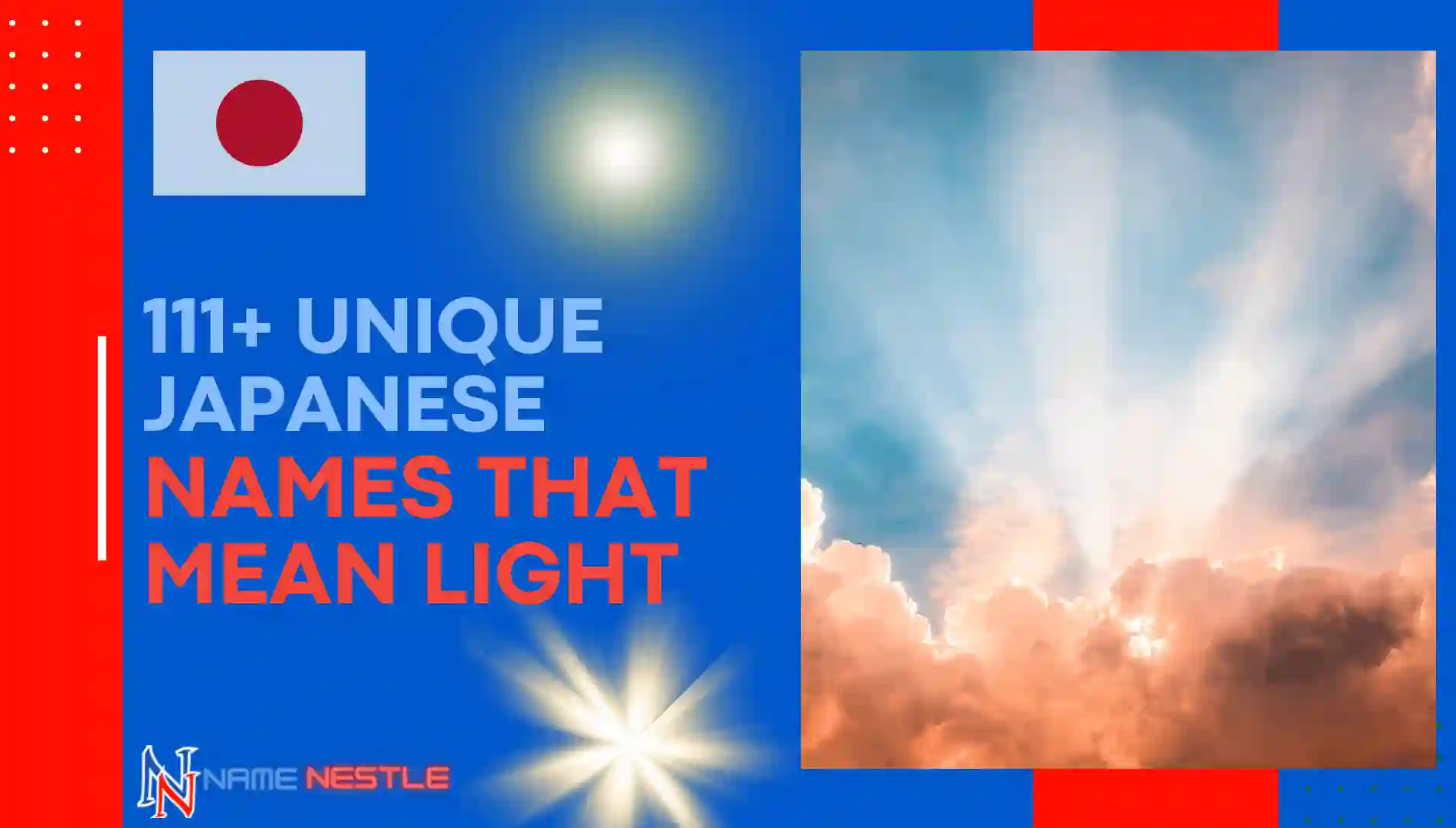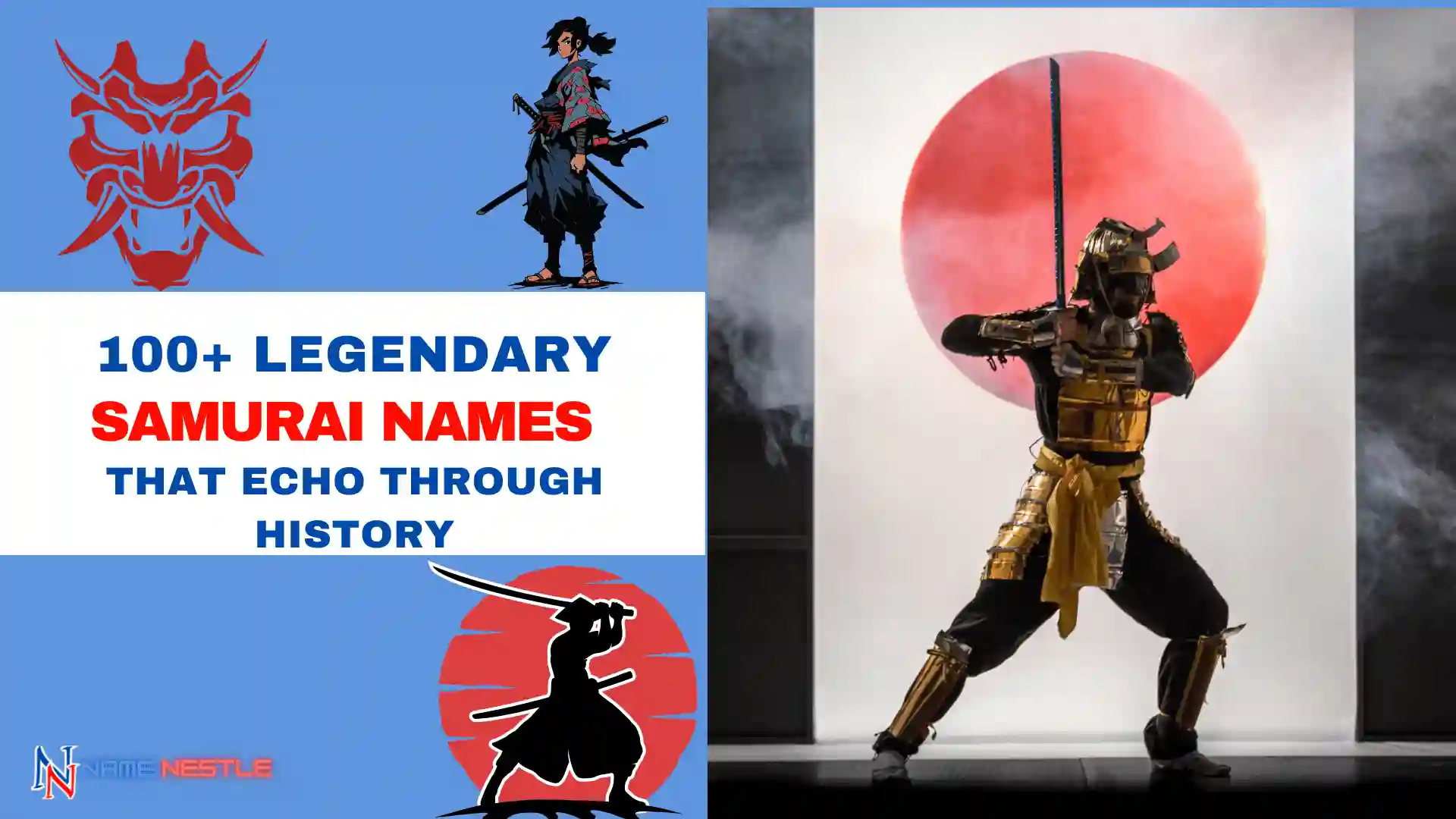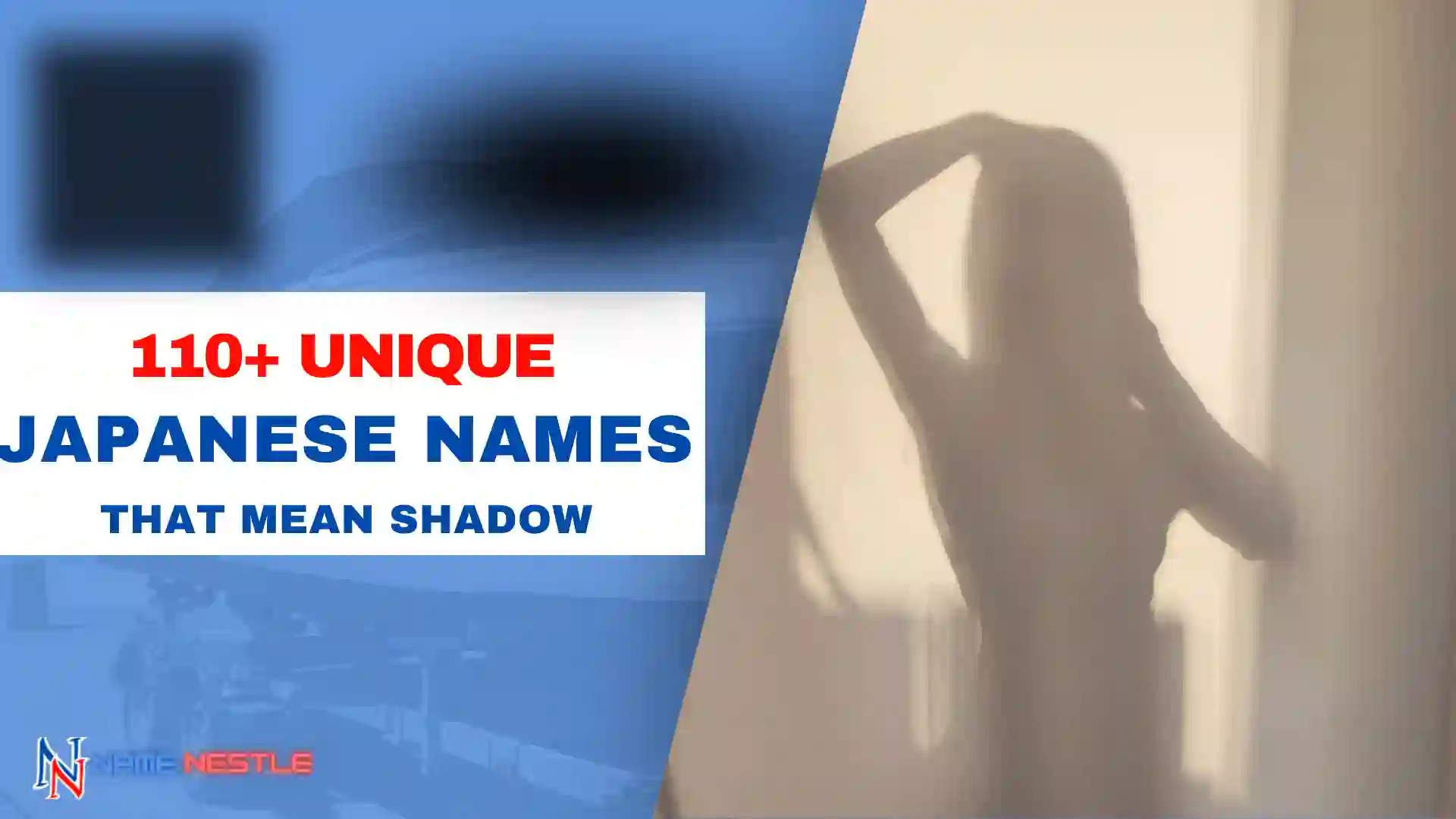This post contain affliate links if you buy any thing from it we will earn commision
If you’re seeking Japanese names that convey both the meanings of “death” and “demon,” you’ve landed in the right spot.
Japanese names offer a wide array of meanings, some more familiar and popular, while others might be entirely new to you.
Japanese names possess a distinct charm, often considered among the most beautiful and exotic worldwide. This uniqueness stems from the Japanese language’s structure, which allows for a wide variety of sounds and combinations.
In this article i have gathered 100 names that means death for you. So lets dive in.
10 Reasons to Choose a Name Meaning Death
Here are some reasons why choosing a Japanese name that means “death” can be a meaningful choice:
- Cultural Connection: If you have a strong connection to Japanese culture, picking a name that means death can be a way to honor that connection.
- Symbolic Representation: These names often symbolize how life is fleeting and fragile, reminding us of the impermanence of existence.
- Artistic Expression: Artists and writers might choose these names for their powerful imagery and emotional impact in their work.
- Tribute to Loved Ones: Using a name that means death can be a touching way to remember and honor someone who has passed away.
- Reflection of Personal Journey: For those who have experienced loss or significant change, such a name can reflect their journey through grief and acceptance.
- Spiritual Significance: In many spiritual beliefs, death is seen as a transition or part of the cycle of life. Choosing a name with this meaning can reflect those beliefs.
- Uniqueness and Individuality: These names stand out and show a unique perspective on life and death compared to more common names.
- Connection to Nature: Many of these names are tied to natural elements that symbolize life’s fleeting nature, appealing to those connected to nature.
- Historical or Literary Interest: People interested in Japanese history or literature might be drawn to these names because of their significance in texts or works.
- Philosophical Exploration: These names encourage deep thinking and exploring life’s big questions.
In summary, picking a Japanese name meaning “death” shows a thoughtful acceptance of life’s fleeting nature, reflecting both cultural and personal values.
How to craft a Perfect Japanese Name That Mean Death
Here’s how to craft a perfect Japanese name that embodies the concept of death:
- Understand Symbolism: Dive into the cultural and philosophical meanings of different kanji characters related to death and life’s fleeting nature.
- Choose the Right Sound: The name should sound pleasant and be easy to pronounce, while still carrying the intended meaning.
- Consider Visual Aesthetic: Each kanji character has its own beauty. Select characters that convey meaning and have visually appealing forms.
- Reflect Personal Significance: Ensure the name holds personal meaning, whether it connects to beliefs, experiences, or pays tribute to loved ones.
- Consult with Experts: Get feedback from native Japanese speakers or experts to ensure cultural appropriateness and accurate meaning.
- Test in Different Contexts: See how the name feels and sounds in various situations, both in Japan and internationally.
By following these steps, you can create a Japanese name that’s linguistically and culturally rich, as well as deeply personal and meaningful.
Japanese Boy Names That Mean Death
In Japanese culture, names often carry deep meanings and symbolism. Some names are associated with concepts like strength, beauty, or even death. For those seeking names that embody the idea of death or darkness, here are 30 Japanese boy names with meanings related to death:
These names reflect the complexity and depth of Japanese culture, where even concepts as profound as death are imbued with significance and meaning.
Must Read: 111+ Cool Japanese Names that Mean Dark
Japanese Girl Names That Mean Death
Japanese culture is rich with symbolism, even in the naming of individuals. While many names convey positive meanings like happiness or beauty, some delve into darker themes, such as death. In this list, we explore 30 Japanese girl names that carry the meaning of death. Each name reflects the intricate nuances of Japanese language and culture, offering a glimpse into the diverse spectrum of meanings attached to names.
Must Read: 110+ Beautiful Japanese Names That Mean New Beginning
Unisex Japanese Names That Mean Death
In Japanese culture, names often carry profound meanings, reflecting aspects of nature, emotions, or even concepts like death.
Unisex names, in particular, hold a special significance as they blur traditional gender boundaries. In this list, we present 30 unisex Japanese names that embody the concept of death.
Each name carries a unique essence, showcasing the intricate tapestry of Japanese language and symbolism.
Must Read: 150+ Unique Japanese Names That Mean Moon
Japanese Names meaning Demon
In Japanese folklore and mythology, demons, or “oni,” are powerful and often malevolent supernatural beings. Names associated with demons carry an aura of mystery and intrigue. Here are 30 Japanese names for boys, each with meanings related to demons:
These names capture the mystique and power of demons in Japanese mythology, offering a glimpse into the darker aspects of the supernatural realm.
Must Read: 150+ Amazing Japanese Names That Mean Water
Cool Japanese Names That Mean
In Japanese culture, flowers hold profound significance, symbolizing beauty, renewal, and the ephemeral nature of life. Names inspired by flowers carry a sense of elegance and grace. Here are 30 cool Japanese names for boys, each with meanings related to flowers:
These names not only evoke the beauty of flowers but also embody the richness of Japanese culture and its reverence for nature.
Final Words
While death might be a topic often avoided in many cultures, it holds a unique significance in Japanese culture.
Japanese names that convey the meaning of death capture various facets of this intricate and potent theme. Whether you’re seeking a name for a character or a child, these names can infuse depth and significance into your writing and storytelling.
Embrace the depth of this subject and delve into the rich cultural context of death in Japanese society through these names.
